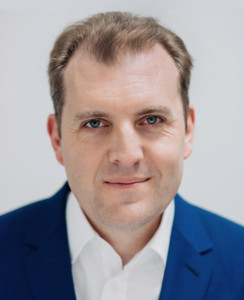There’s uncertainty in the air. The global economy is teetering on the verge of a recession. Our European neighbors have a war happening in their backyard. Political divineness, social injustices, media and censorship, the fall of cryptocurrency, and the future of technology and AI remain at the forefront of the news cycle.
What does this mean for 2023?
The Economist’s “The World Ahead” series is an annual publication that shares a futuristic outlook of what’s likely to occur in the coming year. Tom Standage, Deputy Editor-In-Chief of The Economist and Editor of “The World Ahead 2023” will offer informed predictions, comprehensive analysis from foreign policy and current event experts, summary of the global economic outlook, and critical insight into issues that will be major touch points in the new year.
Program Information:
Date:
Tuesday, January 17, 2023
2:00 – 3:00 p.m. ET (Presentation followed by Q&A)
3:00 – 3:30 p.m. ET (additional one-on-one conversation with Standage)
Cost: Free for WACC Members | Free for Students & Teachers| Free for Young Professionals of WACC | $12 for non members
For non-online payments: Please call 704-687-7762 or mail your check to “World Affairs Council of Charlotte, 9201 University City Blvd., Charlotte, NC 28223)
Biography:
Tom Standage is Deputy Editor of The Economist and editor of its future-gazing annual, The World Ahead. He joined The Economist as science correspondent in 1998 and was subsequently appointed technology editor, business editor and digital editor. He is the author of seven history books, including “Writing on the Wall” (2013), “The Victorian Internet” (1998) and the New York Times bestsellers “A History of the World in 6 Glasses” (2005) and “An Edible History of Humanity” (2009). His latest book, “A Brief History of Motion”, was published in 2021. Tom studied engineering and computer science at Oxford University and has written for other publications including the New York Times, the Guardian and Wired, taking a particular interest in technology’s social and historical impact.




